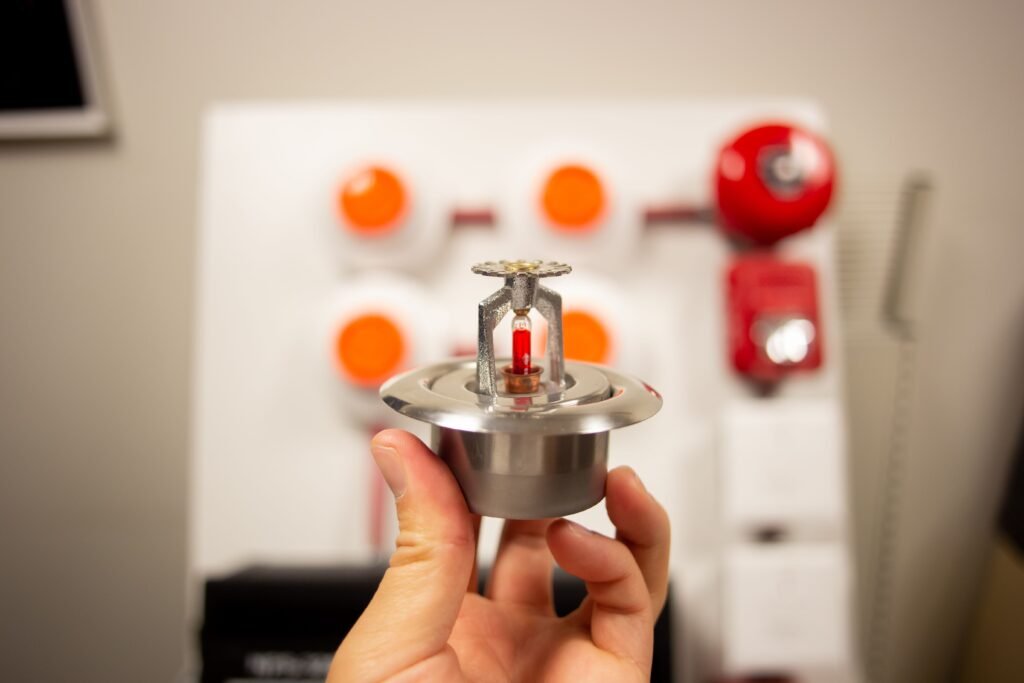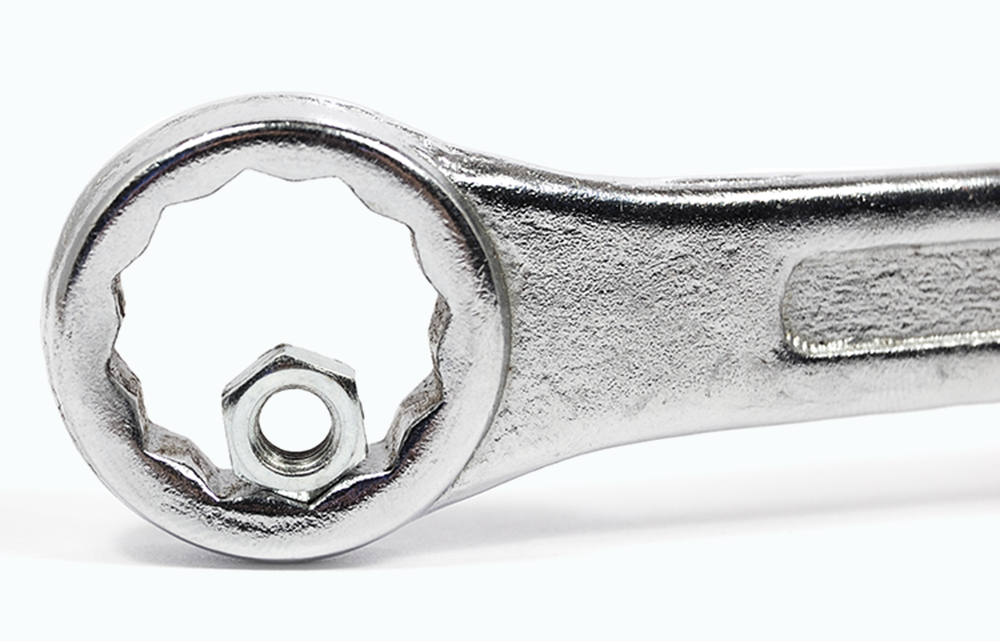Fire Alarm Engineer

Introduction
A fire alarm engineer is a specialist who plays a crucial role in safeguarding lives and property. They are responsible for designing, installing, and maintaining fire alarm systems that can detect hazards early and facilitate a safe and timely evacuation. Fire alarm engineers ensure the proper functioning of alarm systems that alert building occupants and emergency responders. Let’s explore their role, qualifications, and the career growth opportunities available in this vital field.
The Role of a Fire Alarm Engineer
Engineers are tasked with assessing buildings for potential fire hazards, installing new systems, and maintaining fire alarms to ensure they are in good working order. Their responsibilities also include testing, servicing, and repairing fire detection devices to keep the equipment compliant with current safety standards. Through their diligent work, fire engineers help ensure that all alarms remain operational and up to date.
Components of a Fire Alarm System
A comprehensive fire alarm system includes multiple components like smoke and heat detectors, control panels, notification devices, and alarms. Fire engineers are responsible for overseeing the installation, connection, and maintenance of these components to ensure they create an early warning system. This provides occupants with enough time to evacuate safely in case of an emergency.
Qualifications for a Fire Alarm Engineer
Becoming a fire alarm engineer requires specific technical qualifications and extensive on-the-job training. Certificates from accredited courses in fire detection or electrical engineering are crucial. Engineers also need to stay current on regulations and standards to maintain compliance with fire safety laws.
Career Opportunities for Fire Engineers
The demand for fire alarm engineer jobs spans a range of sectors, from residential property management to commercial real estate and industrial facilities. The construction industry offers significant opportunities, as new building projects must ensure compliance from the outset, requiring an engineering team with experts in fire protection.
The Importance of Fire Prevention
A strong focus on safety is central to the role of a fire alarm engineer. They are well-versed in regulations and can offer both advice and guidance on preventive measures such as optimal fire detection systems, safe escape routes, and emergency response plans.
Maintenance and Servicing
Proper maintenance is crucial to keeping fire alarms in good working order. Fire engineers are tasked with routine servicing to identify faults and take corrective actions promptly. Regular servicing minimises the occurrence of false alarms and ensures accurate detection when it matters most.
Career Progression and Opportunities for Growth
The fire protection industry provides a wide array of growth opportunities for engineers. Many specialists join engineering teams to focus on different systems or transition into project management. Others use their technical skills to consult on large projects or provide specialised services.
Fire Systems Across Different Environments
Fire alarm systems differ depending on the environment they are designed to protect. From residential buildings to factories, offices, and commercial properties, engineers must ensure systems are tailored to meet specific building codes and ensure effective coverage.
Client Interaction and Customer Service
Clients are at the heart of a fire alarm engineer team’s work. Whether installing a new system or performing maintenance, these engineers maintain strong communication, keeping clients informed and providing prompt service to address any concerns.
Compliance and the Importance of Certification
Ensuring compliance with fire standards is an integral part of a fire alarm engineer’s role. They guarantee systems adhere to regulations by providing certificates after installation and servicing. Compliance ensures that equipment functions efficiently and supports insurance claims if needed.
Installed Systems: The Foundation of Fire Safety
A properly installed system forms the foundation point of a building’s fire safety infrastructure. Engineers ensure these systems are correctly installed and continue to function properly throughout their lifespan.
System Testing and Reports
System testing verifies that fire alarm equipment is operational and meets safety standards. Engineers perform routine testing and provide comprehensive reports, enabling clients to address issues before they become critical.
The Tools and Technology Fire Engineers Rely On
Specialised tools, materials and cutting-edge technology enable engineers to install systems accurately and detect faults quickly. These professionals receive regular training to stay current with the latest technological advancements in the industry.
Detection Systems: The Cornerstone of Safety
Detection systems are the first line of defence against fire hazards, as they detect heat, smoke, and flame, providing an early warning that facilitates timely evacuation. Fire engineers ensure these systems are effective and up to standard.
Building Codes and Structural Integrity
Installing a fire alarm system requires adherence to building codes and maintaining structural integrity. Engineers need to stay up to date on changing regulations and consider structural factors when determining system placement.
Integration of Security Systems
A modern fire system often integrate with broader security networks. Fire engineers frequently collaborate with security experts to ensure complete and cohesive protection solutions that encompass both fire and security.
Servicing and Repairs of Fire Alarm Systems
Servicing is an ongoing requirement for fire alarm systems. Engineers identify faults and carry out repairs swiftly to maintain safety and prevent costly future repairs.
Collaboration Within Engineering Teams
Fire engineers often work as part of engineering teams, where communication and shared expertise are essential for managing complex projects.
CSR and Fire Alarm Engineering
CSR (Complete Security Recruitment) provides specialised staffing solutions for fire and security roles, helping fire alarm engineers reach their personal and professional goals in the industry. By matching companies with skilled professionals, CSR fosters high standards across the industry, promoting best practices that ensure the safety of both clients and the wider community. With its comprehensive approach to fire and security recruitment, CSR contributes to building strong, competent engineering teams dedicated to safeguarding lives and property.
Fire Alarm Engineer Jobs
Commercial Fire Systems and Their Unique Requirements
Commercial fire alarms must of course be tailored to handle the unique requirements of factories, shops, and office environments. Fire engineers often manage additional work, integrating alarms with existing security networks.
Different Work Opportunities for Fire & Security Engineers
Fire engineers can choose from full-time positions with engineering firms or freelance roles that offer flexible opportunities for specialisation and career growth.
Fault Management and Troubleshooting Skills
Identifying faults is vital to maintaining safety. Fire alarm engineers troubleshoot problems quickly and take corrective measures to keep customers and maintain compliance.
Joining a Growing Field
The fire sector is expanding, driven by increased demand for compliance and protection. New engineers can join this growing service industry and find ample opportunities for advancement.
Building Strong Client Relationships
Strong relationships with clients are key to a fire alarm company or engineer’s success. Effective communication ensures client satisfaction, leading to repeat business and referrals.
In summary, fire alarm engineers play an essential role in safeguarding lives and property. Their specialised expertise ensures proper fire detection system,, compliance, and opportunities for career progression while keeping a strong focus on fire safety.
Every Job is Easier if You Have the Right Tools
